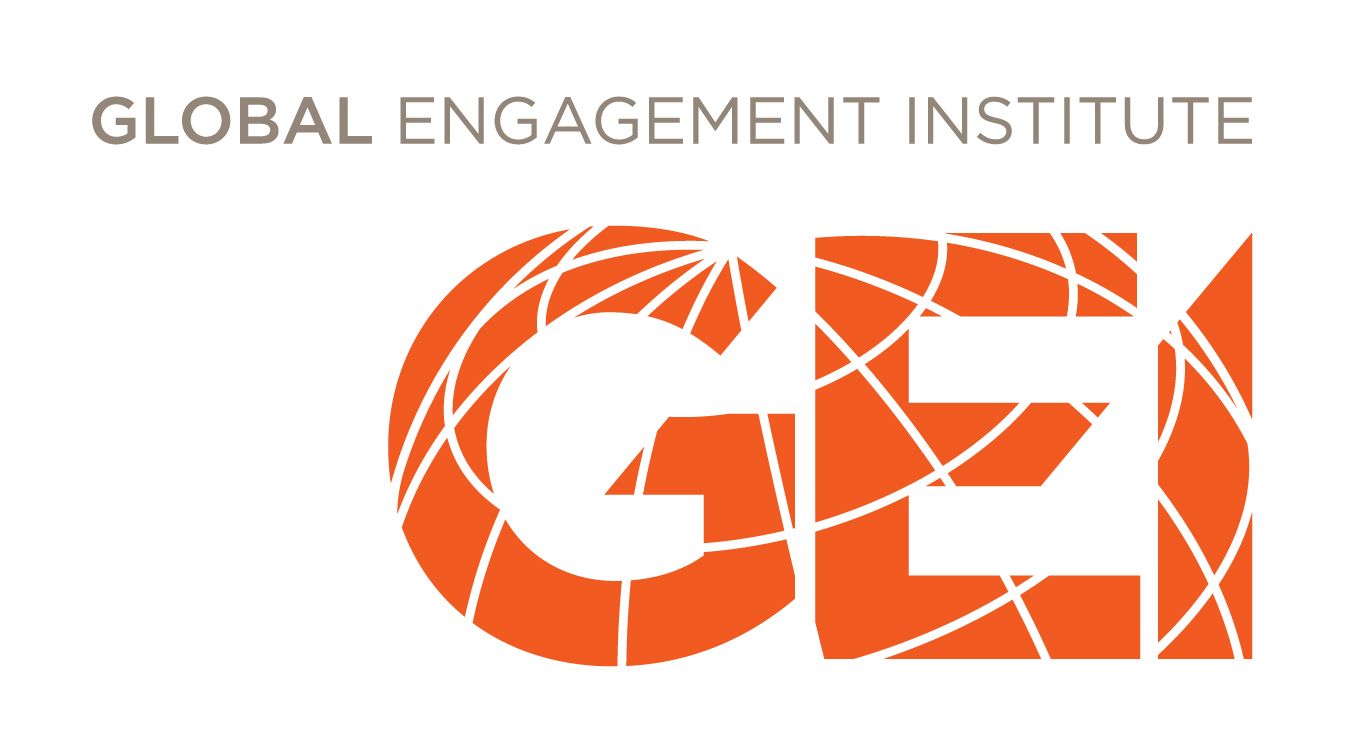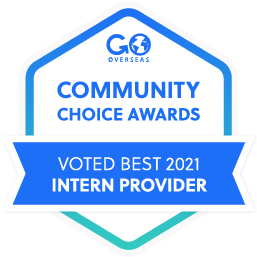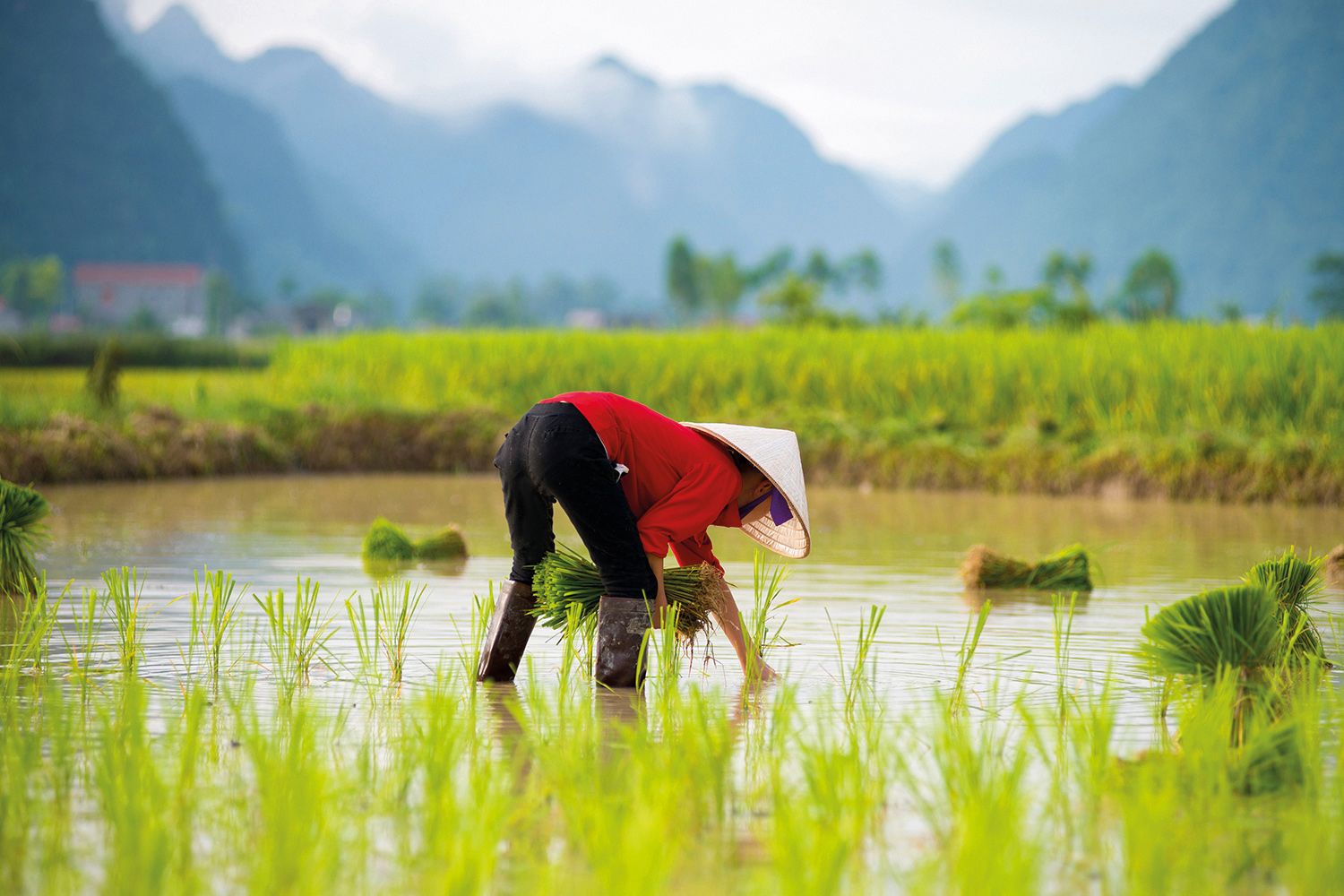GLOBAL HEALTH (THAILAND)
A 4-credit Global Field Engagement Program in Thailand
AT A GLANCE
-
Global Field Engagement Program
-
Disciplinary Track: Global Health
-
Study Abroad Destination: Thailand
-
2026 Dates: June 6-26 (3 weeks)
-
Credit: 4 U.S. credit hours (~ 8 ECTS credits) for eligible university students
-
Eligibility: Any field and level of study
PROGRAM OVERVIEW
Write your awesome label here.
Write your awesome label here.
Write your awesome label here.
Write your awesome label here.
Write your awesome label here.
Write your awesome label here.
ACADEMICS
This 3-week course takes students into various field settings across Thailand, where the theories and principles from pre-course eLearning modules are applied in real-world contexts. This course allows students to engage directly with projects and policies that reflect the innovative strategies discussed in the initial modules. Throughout the course, students cultivate essential competencies to become global change leaders in global health. The course culminates with a community-engaged learning project where students tackle a global health challenge of a local partner host organization.
As capstone project, students create a digital portfolio that serves as a comprehensive record of the students’ achievements and learning throughout the program. Students gather artifacts from their coursework and field experiences to showcase their development and mastery of skills.
There are no specific prerequisites or requirements. Students can be enrolled in any major or minor and can be at any level of university study. While we try to always place students in cohorts with similar levels of study, please understand that this may not always be possible.
Our programs are designed to follow U.S. academic culture and standards. The pace especially for the onsite experiences is generally accelerated and the workload is demanding. The U.S. grading scale of A to F is used. Students will receive a variety of assignments. They include six module-based small group assignments, engaged participation in a community-engaged learning project, a weekly reflective journal/blog/vlog, and a project report (MED302) and a digital portfolio.
4 U.S. credit hours (~ 8 ETCS credits) for eligible undergraduate students via our U.S. academic school of record. After successful completion of the program, you will receive a comprehensive GEI transcript. Please check with your academic advisor at your home institution to confirm how many credits can be accepted for your degree program.
The language of instruction is English.
UNIQUE EXPERIENCES
Field immersion in Thai health systems
Students visit hospitals, rural health clinics, community outreach programs, and traditional medicine sites - gaining firsthand insight into diverse healthcare delivery models and public health strategies across Thailand.
Collaborative health intervention projects
In small teams, students design and implement a short-term health intervention - such as a sanitation campaign, nutrition education session, or health communication tool - responding directly to community needs and guided by local partners.
Mentorship & reflective learning
Mentorship & reflective learning
Weekly colloquia and mentorship sessions support structured
Write your awesome label here.
Write your awesome label here.
HOUSING & MEALS
The program includes 3 weeks in Thailand. For this time, GEI Thailand offers different housing options that students can choose from, pending availability. These include:
- Homestays: Typically single rooms, with shared bathroom, and access to a kitchen and living room
- Serviced apartments: Single or shared double rooms, with shared bathroom, and access to a kitchen and living room
- University residence halls at our local partner universities: Shared double rooms, with shared bathroom and no kitchen facilities
- Simple guesthouses: Shared double rooms, with shared bathroom and no kitchen facilities
Homestay host families typically provide breakfast and dinner. Students in serviced apartments, university residence halls, or guesthouses are usually responsible for all meals outside of core course meals.
You can find additional information in the following blog post: Accommodation – What to expect.
You can find additional information in the following blog post: Accommodation – What to expect.
DATES, FEES, AND SCHOLARSHIPS
Summer 2026 (3 weeks): June 6-26
Summer 2026: April 1
Summer 2026: US $3,650 (3 weeks)
INSTRUCTORS & COORDINATORS
Meet our core team
All of our instructors and coordinators are highly experienced and resourceful professionals.


